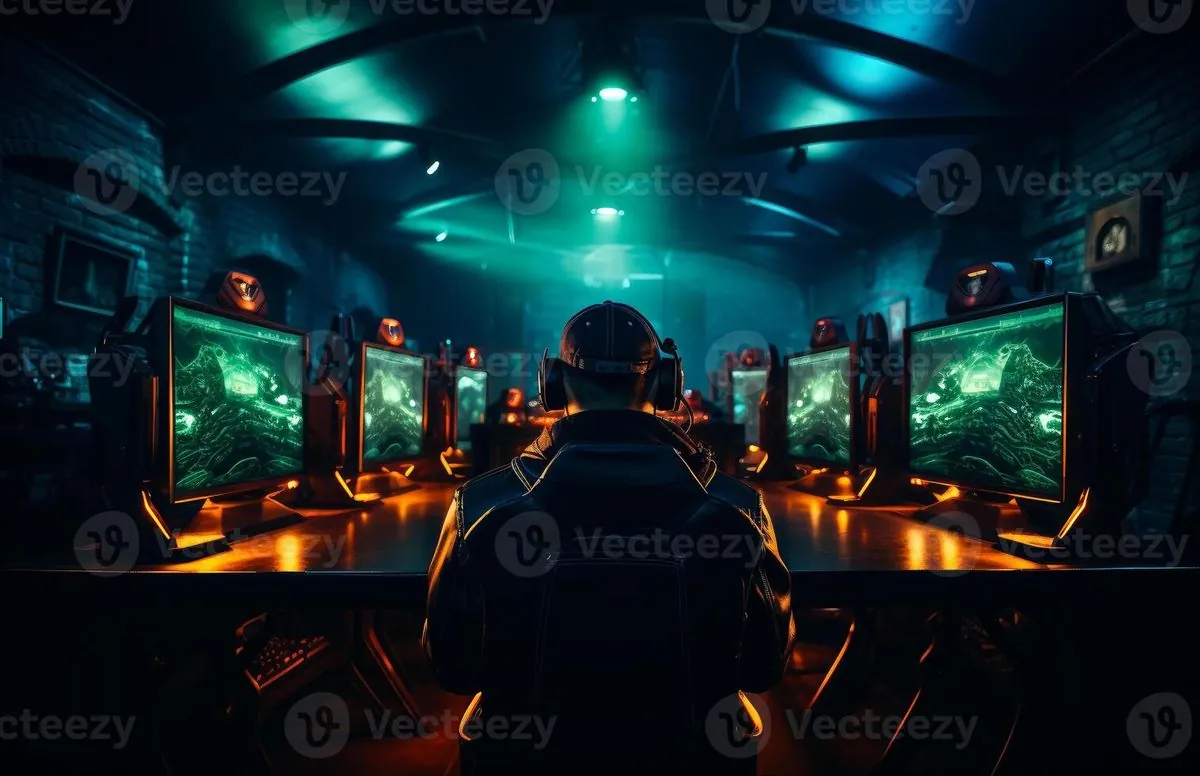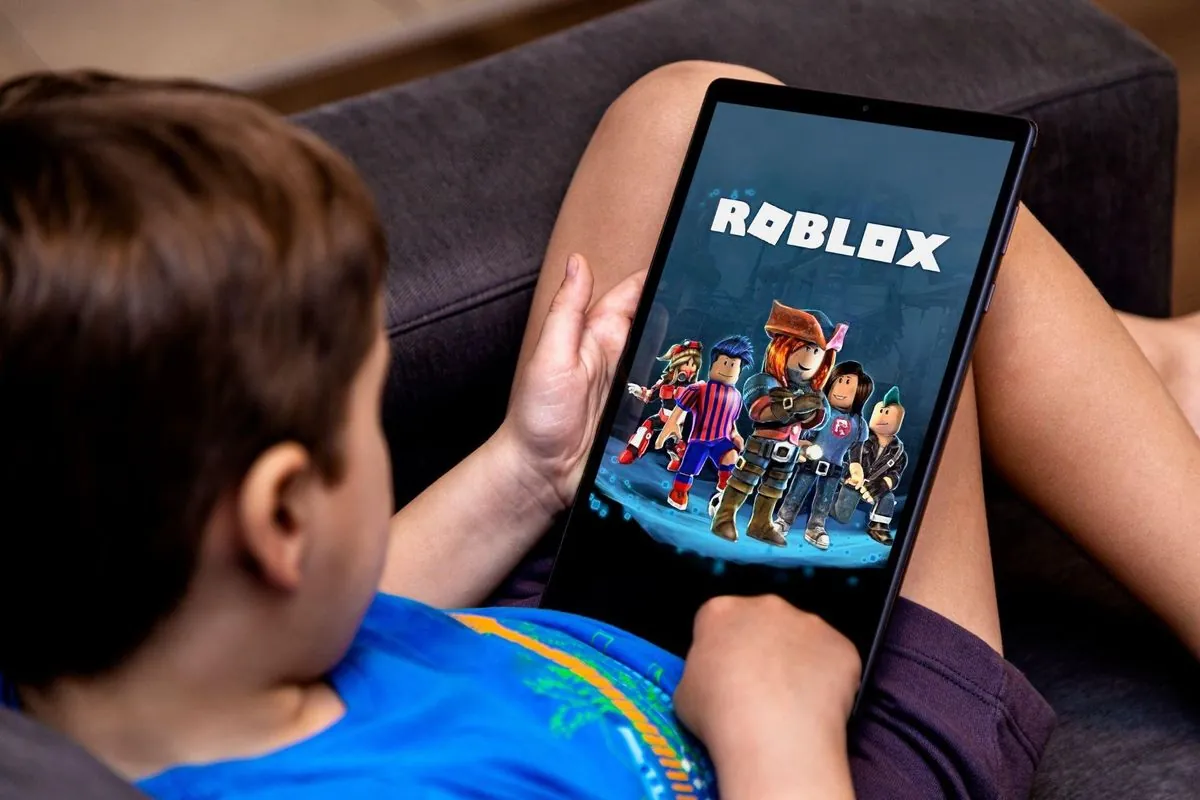Russian Propaganda Targets U.S. Gamers in Election Interference Scheme
U.S. authorities uncover Russian plot to influence 2024 election through gaming communities. The "Good Ol' USA Project" aims to exploit right-wing trends among American gamers and online users.

The U.S. Department of Justice recently exposed a series of Russian information operations aimed at disrupting the 2024 U.S. presidential election. Among these, a project targeting American gamers and users of platforms like Reddit and 4Chan has raised concerns about the evolving nature of foreign interference in democratic processes.
The "Good Ol' USA Project," described as a "guerrilla media" campaign, seeks to exploit sentiments within the American gaming community. This strategy highlights the growing importance of video games as a battleground for ideological and political influence.
Ilya Gambashidze, a figure already sanctioned for disinformation activities related to Ukraine, authored the plan. The document suggests focusing on gamers and users of certain online platforms, considering them the "backbone of the right-wing trends" in the United States.
The targeting of gamers is not arbitrary. According to the Entertainment Software Association, approximately 65% of Americans—212 million people—regularly play video games. This vast audience, combined with the industry's $280 billion global revenue, makes gaming an attractive vector for influence operations.
Video game culture has increasingly become a venue for extremist right-wing groups to share and normalize their ideas. Even platforms designed for children, such as Roblox, have seen instances of users creating content that simulates fascist violence.

The gaming industry's efforts to improve representation and reduce problematic content have faced pushback from far-right figures. This resistance has created fault lines along U.S. partisan boundaries, making gaming spaces ripe for exploitation by foreign actors.
"The community of American gamers, users of Reddit and image boards, such as 4Chan, are the backbone of the right-wing trends online in the United States."
Previous incidents, such as the 2014 Gamergate campaign, demonstrate how online movements within gaming communities can spill over into mainstream politics and potentially influence election outcomes. More recently, a harassment campaign dubbed "Gamergate 2.0" targeted a story consulting company over issues of representation in games.
Russia's approach to gaming propaganda is multifaceted. The country enjoys greater social legitimacy in gaming spaces compared to traditional media. This is evident in the adoption of Russian slang in non-Russian gaming chats, such as the phrase "cyka blyad" in Counterstrike: Global Offensive, which has about 4 million Russian players.
The narrowing of exchange spaces between Russian and Western individuals, due to censorship and exclusion, has made games one of the few remaining areas for direct cultural exchanges. This dynamic creates opportunities for propaganda dissemination through gaming platforms.
Other countries have also recognized the potential of video games for strategic communication. The U.S. Department of Defense operates semi-professional esports teams to boost recruitment interest. China has developed military-themed games to improve the image of its armed forces.
However, Russian propaganda efforts face significant challenges. The Ukrainian video game industry, respected globally, has been impacted by the invasion, bringing the conflict's reality closer to the gaming community. Sanctions have made it difficult for Russians to access many gaming services and software.
Looking ahead, there are concerns about the future of free speech and human rights in gaming platforms. Russian censors have proposed using neural networks to search for banned content in games, potentially disrupting the gaming experience for all users.
As the global battle for information and influence continues, policymakers must recognize video games as important communication platforms that require protection for free speech and other basic human rights. The "Good Ol' USA Project" may have been thwarted, but it serves as a warning that emerging platforms and gaming spaces will likely remain targets for foreign influence operations in the future.


































